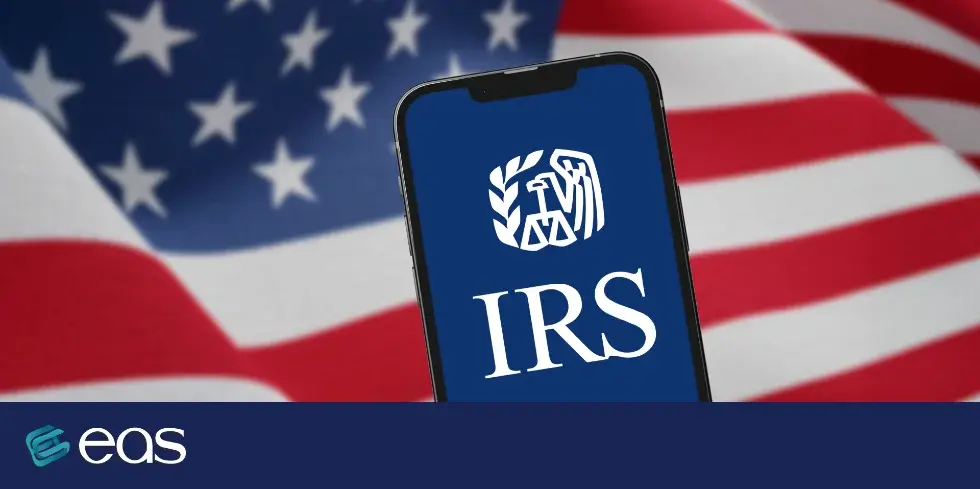
Oct 3, 2025
This measure to eliminate paper checks is part of a broader effort to modernize federal payments, reduce costs, increase efficiency, and minimize the risks of loss or fraud associated with printed checks. The IRS notes that it will continue accepting tax return forms as currently used, but refunds must be made through electronic methods. Below are the main changes:
a. For all taxpayers: refunds will no longer be mailed — the standard method for years — and will instead be deposited via direct deposit or authorized electronic methods such as prepaid cards or digital wallets (when the taxpayer does not have a bank account).
b. Advantages: payments will be faster — normally less than 21 days if the return and banking details are correct — safer, and less prone to loss or misplacement of checks.
c. Limitations: the IRS will not make direct deposits to foreign bank accounts, nor will it continue sending checks outside the U.S. for regular refunds. That is, expats must ensure they have a valid U.S. bank account to receive the deposit.
d. Exceptions: limited exceptions are contemplated for those who cannot access banking services or who demonstrate a real hardship in receiving funds electronically.
Impact on U.S. expatriates
For those living outside the U.S., for example in Costa Rica, this change requires adjustment:
1. Requirement to have a U.S. bank account. If you previously received refunds by check sent abroad, that will no longer be possible. You must ensure you have an active U.S. account with a routing number and account number that can receive ACH deposits. ACH means Automated Clearing House. It is the U.S. electronic clearing system — a national network that allows money to move automatically between bank accounts.
2. Risk of not receiving refunds: if your bank account is not registered or compatible, your refund could be delayed or even held until you provide a valid means.
3. Alternatives: some financial services offer virtual accounts with U.S. routing/account numbers, prepaid cards with IRS direct deposit functionality, or digital wallets that can serve as refund recipients.
4. International transactions: once the refund is deposited into the U.S. account, those funds may be transferred to Costa Rica or another country, but this involves exchange-rate differentials, bank fees, and transfer times that should be estimated and monitored carefully.
Practical recommendations for expats in Costa Rica
a. Confirm that your U.S. bank account is active and that the name matches exactly the taxpayer’s name.
b. If you do not have a U.S. account, look to open a digital account that allows ACH deposits, or explore reliable virtual account options.
c. Review and update your banking information before filing your 2025 return to avoid rejections.
The elimination of paper refund checks by the IRS, scheduled for September 30, 2025, represents a change in how taxpayers — and especially U.S. citizens abroad — will receive their refunds. Although aimed at efficiency, the transition requires expats to ensure they have a valid U.S. banking channel for electronic deposits. Those who anticipate and update their banking data in time will avoid delays, rejections, or losses. This measure underscores a global trend toward electronic payments: faster, less paper, and greater security.
